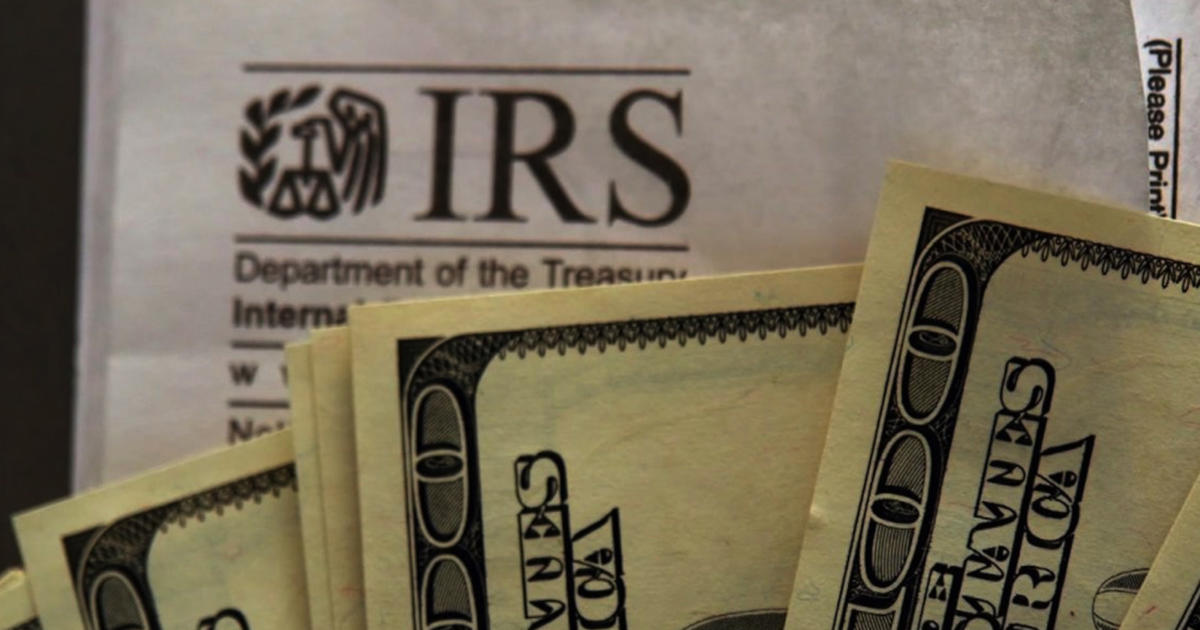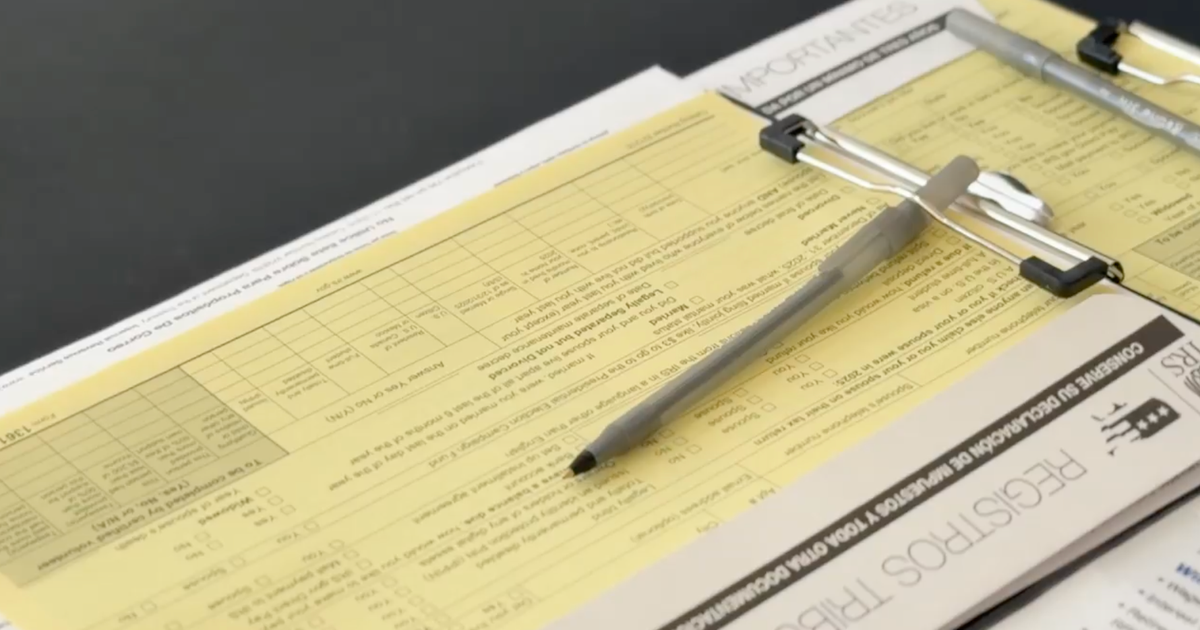As many as 35 million people may still be waiting for their stimulus checks
The stimulus checks directed by the Coronavirus Aid, Relief and Economic Security, or CARES, Act, at the end of March have sparked plenty of questions. Chief among those is when the checks will arrive in bank accounts or mail boxes — and as many as 35 million people may still be waiting for their payments, according to some lawmakers.
The IRS reports it has sent about 159 million stimulus payments as of early June. Yet a new analysis finds that between 30 million to 35 million people, including millions of seniors and poor households, may still be waiting for their payments, according to the analysis from the House Ways and Means Committee.
The new analysis raises questions about the efficiency of the stimulus program, which provides $1,200 for single taxpayers who earn under $75,000 and $2,400 for married couples earning less than $150,000. The estimate comes after Democratic lawmakers on the committee last month asked the Treasury Department and IRS for weekly updates about the payments because of reports from consumers who were still waiting for their funds.
"These individuals are eager to receive financial assistance, and the Committee continues to receive daily questions related to the payment of EIPs," Representatives Richard E. Neal of Massachusetts and John Lewis of Georgia said in the May letter to the IRS and Treasury. EIP stands for "economic impact payment," which is the term used by the IRS and Treasury for the stimulus checks.
Treasury and IRS didn't immediately respond to requests for comment.
Recent consumer surveys also suggest a sizeable number of Americans are still waiting. About 7 in 10 consumers say they've received their checks, according to a survey of consumers conducted last month by financial services company Credit Karma.
The payments are designed to help Americans weather the economic hit from the coronavirus pandemic, which brought business to a halt. More than 40 million Americans have filed for unemployment benefits as states issued stay-at-home orders earlier this year.
To be sure, employers are rehiring millions of those workers as states reopen for business, but May's jobless rate exceeds the Great Recession's peak unemployment by more than three percentage points.
Eligible Americans
Earlier this month, Treasury said it had sent 159 million stimulus payments to the eligible Americans "for whom the IRS has the necessary information to make a payment."
That figure includes taxpayers who earned less than the cutoff point for a stimulus check — $99,000 for single taxpayers and $198,000 for married couples — and for whom the IRS had either banking data or home addresses.
But additional data from the Government Accountability Office suggests that millions more are still waiting, the House Ways and Means Committee said. By examining the GAO's data on the stimulus payments made so far to various taxpayer and non-filer groups, the House Ways and Means Committee estimates that:
- Between 13 to 18 million taxpayers who file returns and who qualify for a check haven't received a payment yet.
- Another 7.5 million Social Security and Railroad Retirement program recipients who don't file taxes may still be waiting for their checks.
- About 10.7 million taxpayers who are not required to file tax returns and who do not receive federal government benefits may not have received their payments.
- An unknown number of veterans and Supplemental Security Income recipients may still be waiting.
October 15 deadline
There's one deadline this year that Americans who don't normally file taxes, such as millions of seniors on Social Security and low-income Americans, should be aware of: The October 15 deadline to use the IRS' Non-filers tool.
This site allows people to send information about where the IRS should send their check, such as a bank account or mailing address. The site will remain active until October 15, and consumers who send the IRS updated information by October 15 will receive their stimulus payment by the end of 2020, Treasury said.



